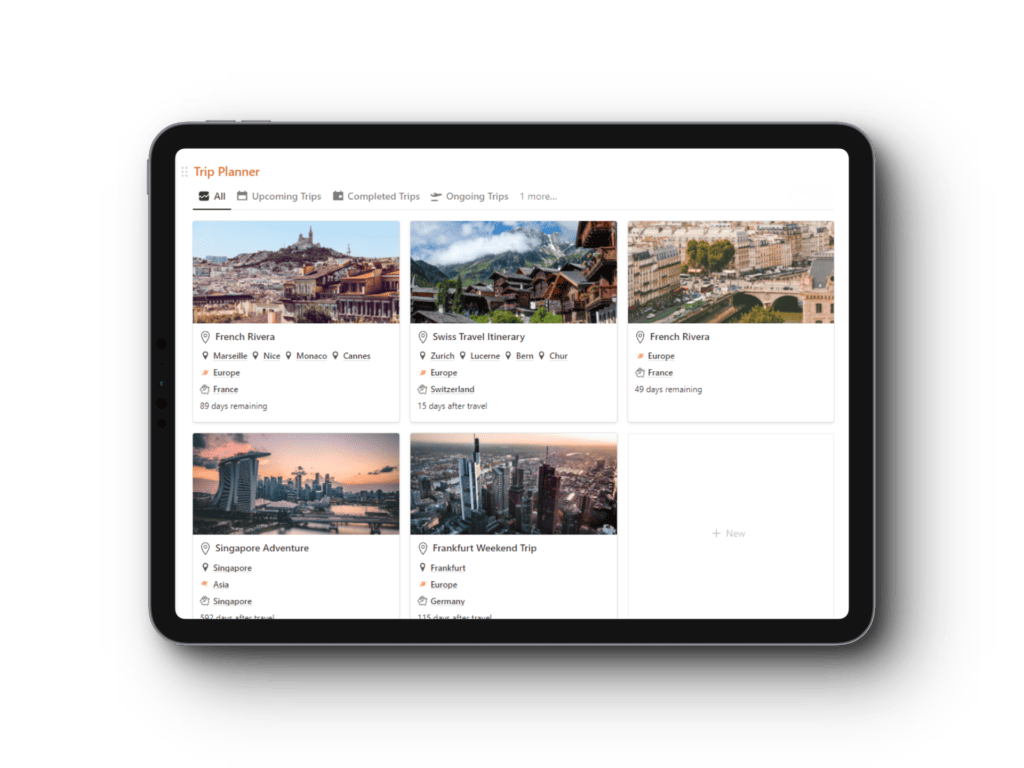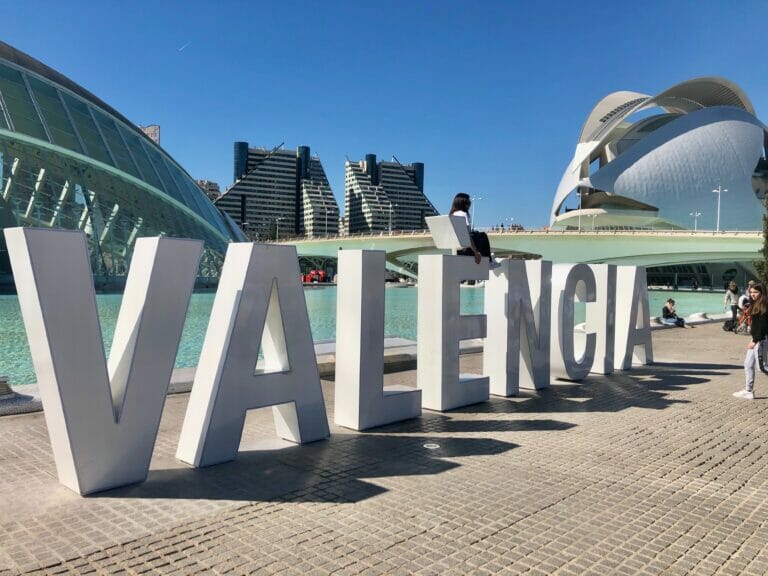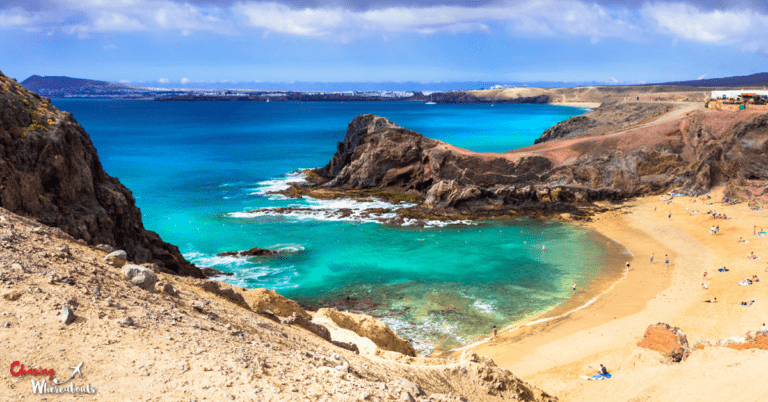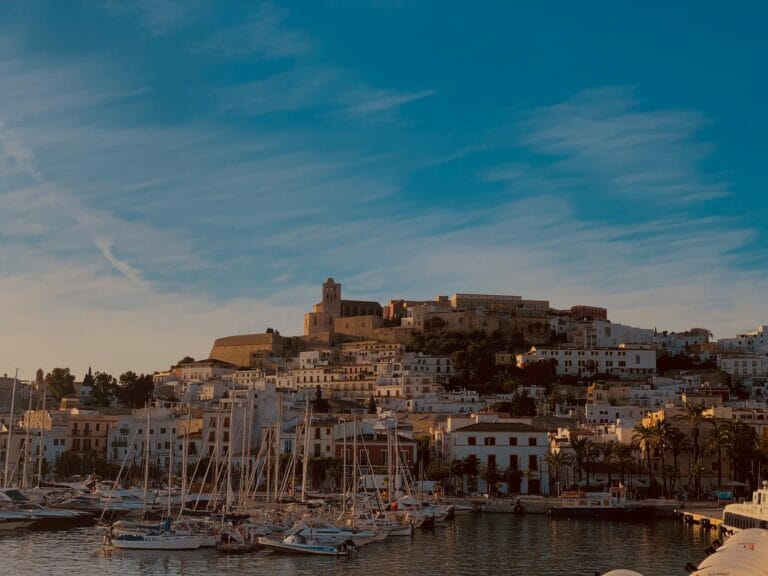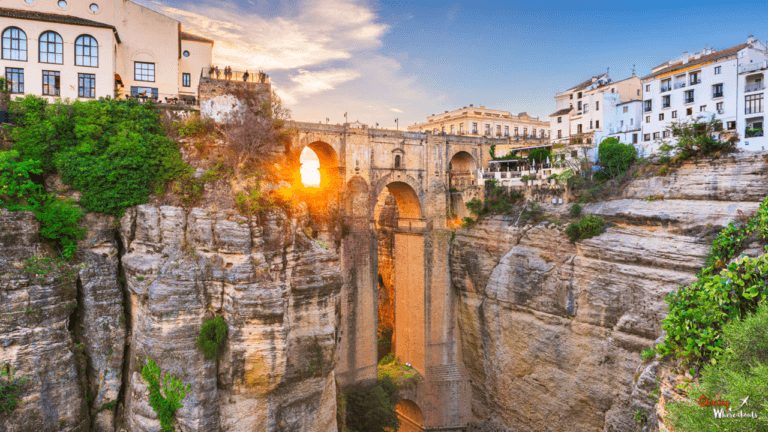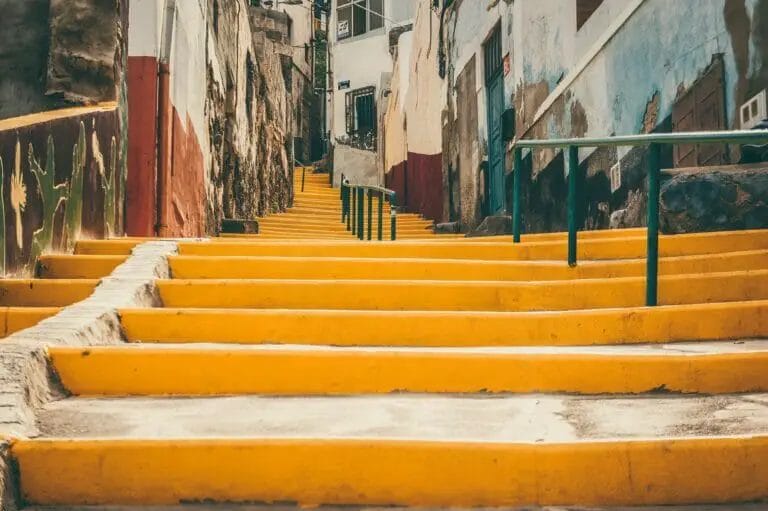Saying Thank You in Spain: Tips for Travelers and Language Learners Alike
If you’re planning a trip to Spain or simply looking to expand your language skills, knowing how to say thank you is a crucial aspect of communication. Saying thank you in Spanish goes beyond just the words themselves; it’s about understanding the culture and customs of the country. As a highly skilled assistant with experience in copywriting, content writing, and digital marketing,
I know the importance of effective communication. In this article, I’ll provide you with tips and tricks for saying thank you in Spain, whether you’re a traveler or a language learner. From understanding regional variations to learning the appropriate context for different situations, these tips will help you navigate the complexities of expressing gratitude in Spanish. So, let’s dive in and explore the nuances of saying thank you in Spain!

The Importance of Saying Thank You in Spain
When you’re traveling to Spain, it’s important to understand the cultural significance of expressing gratitude. Saying thank you is not only polite, but it’s also a way to show respect for the country and its people.
In Spain, people place a high value on manners and courtesy, so saying thank you is an important part of everyday interactions. Whether you’re ordering food at a restaurant, asking for directions, or buying souvenirs, saying thank you will go a long way in making a positive impression.
In addition to being polite, saying thank you can also help you build relationships with locals. By expressing gratitude, you’re acknowledging the help and support that others have given you. This can lead to further conversations and connections that can enhance your travel experience. Furthermore, learning how to say thank you in Spanish can also help you improve your language skills and gain a deeper understanding of the language and culture.
So, whether you’re a seasoned traveler or a language learner, understanding how to say thank you in Spain is an important aspect of communicating effectively.
Different Ways to Say Thank You in Spanish
When it comes to saying thank you in Spanish, there are several different phrases you can use depending on the situation and context. Here are some of the most common ways to say thank you in Spanish:
– Gracias: This is the most common way to say thank you in Spanish and can be used in most situations.
– Muchas gracias: This phrase means “thank you very much” and is used to express more gratitude than just a simple gracias.
– Mil gracias: This phrase is similar to muchas gracias and is used to express extreme gratitude.
– Muy amable: This phrase means “very kind” and is often used to thank someone for their help or assistance.
– Te lo agradezco mucho: This phrase means “I appreciate it very much” and is used when someone has done something especially helpful or kind.
These phrases can be used in a variety of situations, from thanking someone for holding the door open to expressing gratitude for a gift. However, keep in mind that the appropriate phrase to use may vary depending on the region of Spain you’re in.
These phrases can be used in a variety of situations, from thanking someone for holding the door open to expressing gratitude for a gift. However, keep in mind that the appropriate phrase to use may vary depending on the region of Spain you’re in.
Basic Spanish Phrases for Travelers
If you’re traveling to Spain and want to learn some basic Spanish phrases, here are a few that will come in handy:
These phrases will help you navigate everyday interactions, from ordering food to asking for directions. By learning a few basic phrases, you’ll show locals that you’re making an effort to communicate with them in their language.
Regional Variations in Spanish Thank You Customs
While there are some common ways to say thank you in Spain, it’s important to note that there are also regional variations in thank you customs. In some regions, people may use different phrases or expressions to express gratitude. For example, in Catalonia, people often say “merci” instead of gracias, while in the Basque Country, people may say “eskerrik asko.”
In addition to regional variations in language, there may also be differences in customs and etiquette. For example, in Andalusia, it’s common to kiss both cheeks when greeting someone, while in other regions, a simple handshake may suffice. By understanding these cultural nuances, you’ll be able to navigate interactions with locals more effectively and show respect for their customs and traditions.
Common Mistakes to Avoid When Saying Thank You in Spanish
While saying thank you may seem straightforward, there are some common mistakes that travelers and language learners should avoid. Here are a few to keep in mind:
By avoiding these common mistakes, you’ll be able to communicate more effectively and show respect for the people and culture of Spain.
Tips for Language Learners to Improve Their Spanish
If you’re a language learner looking to improve your Spanish skills, here are a few tips that will help:
– Practice every day: Consistent practice is key to improving your language skills. Set aside time each day to practice speaking, listening, and reading in Spanish.
– Immerse yourself in the language: Surround yourself with Spanish language media, music, and movies to improve your listening and comprehension skills.
– Find a language exchange partner: Connecting with a native Spanish speaker can be a great way to practice speaking and get feedback on your language skills.
– Take a class: Enrolling in a Spanish language class can provide structured learning and help you improve your grammar and vocabulary.
By incorporating these tips into your language learning routine, you’ll be able to improve your Spanish skills and communicate more effectively in Spain.
Cultural Nuances to Keep in Mind When Saying Thank You in Spain
In addition to language skills, understanding cultural nuances is key to effective communication in Spain. Here are a few cultural nuances to keep in mind when saying thank you:
– Greetings are important: In Spain, greetings are an important aspect of communication. Make sure to greet people appropriately and use formal or informal language as appropriate.
– Personal space is important: Spaniards tend to stand closer to each other than people from other cultures. Be aware of personal space and adjust your behavior accordingly.
– Time is flexible: In Spain, punctuality is not always a top priority. Expect meetings and events to start a few minutes late and be prepared to be flexible with your schedule.
By keeping these cultural nuances in mind, you’ll be able to communicate more effectively and show respect for the people and culture of Spain.
Other Important Spanish Customs for Travelers to be Aware of
In addition to saying thank you and understanding cultural nuances, there are other important Spanish customs that travelers should be aware of. Here are a few to keep in mind:
– Meal times are different: In Spain, lunch is the main meal of the day and is typically eaten between 1pm and 3pm. Dinner is eaten later in the evening, often after 9pm.
– Tipping is not always necessary: While tipping is appreciated in Spain, it is not always expected. Check your bill to see if a service charge has already been included.
– Dress appropriately: Spaniards tend to dress up more than people from other cultures. Avoid wearing shorts or flip-flops in formal settings.
By being aware of these customs, you’ll be able to navigate your travels in Spain more effectively and show respect for the culture.
Conclusion
Saying thank you in Spain is an important aspect of effective communication and cultural understanding. By understanding regional variations, avoiding common mistakes, and keeping cultural nuances in mind, travelers and language learners can navigate the complexities of expressing gratitude in Spanish.
Whether you’re ordering food at a restaurant or making conversation with locals, saying thank you will help you build positive relationships and enhance your travel experience. So, the next time you’re in Spain, remember to say gracias and show respect for the people and culture of this beautiful country.
Check more about Spain from Travel Resource for Spain
Get your Notion Travel Planner Template!
Embark on your next adventure with the Wanderlust Planner, the ultimate Notion Travel Planner Template. Organize your wanderlust-fueled dreams and turn them into unforgettable journeys. Whether you’re a seasoned globetrotter or a newbie explorer, this template has you covered.

